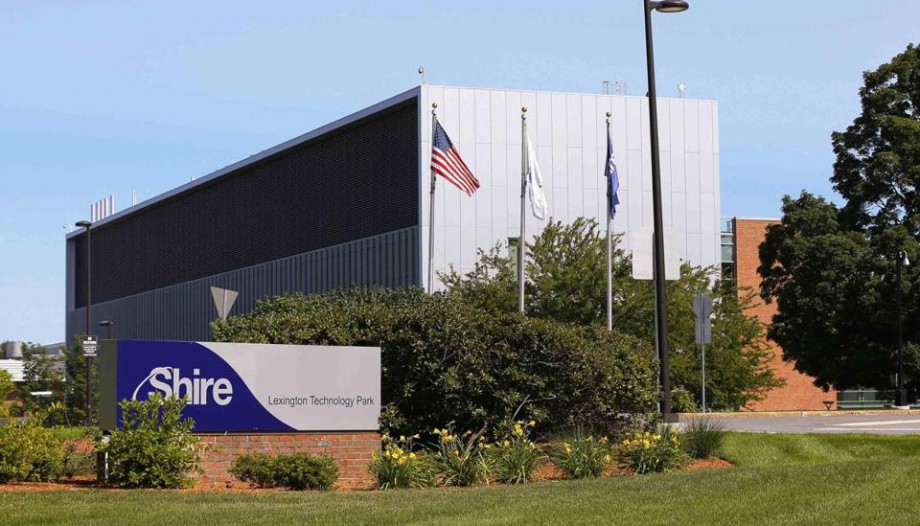From: betaboston.com
There are lots of reasons to dislike deals like the one that lured General Electric executives to Boston.
We didn’t get a vote on what the city and state offered the company. Won’t other companies want similarly sweet deals? GE might have chosen Boston even without an incentive package of up to $145 million. And a helipad? Really?
These deals can feel a bit like giving a homeowner a free pass on paying property taxes, as long as they move into an empty house on an already-pretty-nice street. And pundits can point to plenty of examples where things didn’t work out.
But here’s the thing: when we deploy incentives wisely, they help build on our state’s considerable strengths and create the kinds of jobs we need and want in modern-day Massachusetts. Unfortunately, it may not be the 13,000 factory workers GE once had on its payroll in Pittsfield. Instead, it could be a team of software-savvy managers working with a local startup to figure out how to analyze data so GE locomotives can travel further with fewer breakdowns.
Let’s go back in time. Eight years ago, the Globe published an opinion column under the headline “The Great Biotech Giveaway,” by Jim Stergios of the Pioneer Institute, a free market think tank in Boston. Stergios criticized a $48 million deal that the state and the Town of Lexington cut with the pharmaceutical company Shire to take over the former Raytheon Co. headquarters that sits above Route 2. Shire promised to double its employment in Massachusetts within eight years, to 1,350 from 675. That promise included putting a sophisticated drug-making facility here, rather than in states like North Carolina and South Carolina, which offered even richer deals.
On Monday, almost eight years from the day the deal was announced, I drove to the Shire campus in Lexington, where they develop and produce drugs to treat rare genetic disorders. When I asked if they’d gotten to those 1,350 jobs, senior vice president Pat Sacco said 2,370 Shire employees now work in the state.
Shire has filled every building on the former Raytheon campus — which it now owns — and is signing long-term leases on buildings nearby. Parking became such a problem on Wednesdays, when two different manufacturing shifts overlap, the company recently had to add a new parking lot. In 2013, the company’s new chief executive, Flemming Ornskov, said he would work in Lexington rather than the company’s Dublin headquarters.
And all around Shire, biotech and health care companies that have outgrown Kendall Square are putting down roots. Realtor Evan Gallagher of NAI Hunneman says it has become “the state’s largest biotech cluster outside of Cambridge,” with office and lab space available at a 40 percent discount to Kendall Square. Lexington now has a biotech cluster that most states and countries would kill for.
That, of course, is a best-case scenario. (Even Stergios, the nay-sayer, admits the Shire deal “has turned out pretty well for the state.”) But smaller investments and loans made to shared facilities like LabCentral or Greentown Labs, incubators designed to spawn new ventures, also seem to be going well, attracting support from major players like Johnson & Johnson and Shell.
In some cases, Massachusetts officials wisely opted not to lay out the incentive buffet, as when ex-Red Sox pitching star Curt Schilling wanted money to keep his video game company, 38 Studios, in Maynard. Instead, Rhode Island offered $75 million of loan guarantees to the company, which promised to bring 450 jobs to the state. Two years after the ink dried, the company was bankrupt. Lawyers have pocketed more from the subsequent flurry of lawsuits than the company ever generated in revenue.
Boston and Massachusetts also have a track record of holding companies accountable when they don’t hit the promised job numbers; twice, the city and state have trimmed tax breaks offered Vertex Pharmaceuticals after the company laid off employees and missed employment targets.
Will the General Electric deal include that same sort of accountability, often called a clawback provision? Jay Ash, the state’s secretary of Housing and Economic Development, was noncommittal. “We’ll look at what’s appropriate to protect the Commonwealth’s taxpayers,” he told me. “But sometimes its best to let the relationship develop based on upon trust. I can’t say that here will be a clawback until I know what the final deal is.”
I’m a believer that we’ll see lots of benefits from getting GE’s headquarters, but given the company’s track record in the state — it’s now closing a valve plant in Avon that employs 300 — we need to have some protection before handing GE the biggest incentive package we’ve ever given a single company.
We also need to make sure the city we’ve got lives up to the glossy “pitch book” we handed GE. It’s telling that GE execs toured the city in a private bus last fall, for instance, and not on the MBTA. “People would be shocked at the lack of quality in terms of mass transit,” says Stergios.
Not everyone GE hires will have access to the company chopper. And how about housing that a GE executive assistant could afford, within walking distance of whatever headquarters location the company chooses?
Finally, we must figure out how to create more opportunities outside of Route 128, spreading the jobs around. The economic success story can’t just be about Greater Boston.
One effort that’s in progress: In Pittsfield, the state has allocated $9.7 million to create the Berkshire Innovation Center, a shared training facility and workspace to support small and mid-sized manufacturing firms in the region. It is expected to open in 2017, on the site of what used to be GE’s 52-acre manufacturing complex in the city.
Scott Kirsner can be reached at kirsner@pobox.com. Follow him on Twitter@ScottKirsner and on betaboston.com.








Leave a Reply
You must be logged in to post a comment.